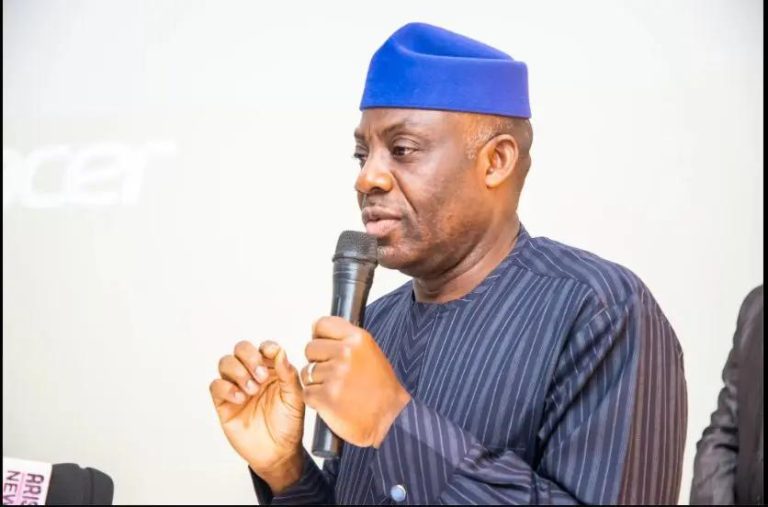The Federal Government has reaffirmed its commitment to inclusive and high-quality education with the launch of the Quality Education and Girl-Child (Luminah 2030) Initiatives at the Federal Ministry of Education Hall on Friday, March 7, 202

Speaking at the event, the Honourable Minister of Education, Dr. Maruf Tunji Alausa, emphasized that the initiative is not just a policy introduction but a significant step toward transforming Nigeria’s education sector.
He highlighted six key priority areas under the Nigeria Education Sector Renewal Initiative (NESRI), including Out-of-School Children, Girl-Child Education, Science, Technology, Engineering, Mathematics, and Medical Sciences (STEMM), Technical and Vocational Education and Training (TVET), Data and Digitalization, and Education Quality Assurance.

“Initiatives like Luminah 2030 are bold steps towards ensuring that no child is left behind. By focusing on the education of our children—especially the girl child—we are investing in a future filled with limitless possibilities,” Dr. Alausa stated.
To tackle youth unemployment, the Ministry has committed to upgrading Federal Technical Colleges (FTCs) and establishing additional Skill Training Centres (STCs) and Vocational Enterprise Institutions (VEIs). The government is also implementing the Nigerian Education Data Initiative (NEDI) and the Quality Education and Learning Outcomes Program to enhance data-driven education policies.

The Minister announced the inauguration of various committees to oversee the implementation of the programs.
These include the National Monitoring of Learning Achievement (NMLA) Committee, School Grading Committee, Monitoring and Evaluation Committee, and Teacher Capacity Building Committees for Quality Education and Learning Outcomes. For Luminah 2030, committees such as the National Steering Committee, Technical Advisory Committee, and Stakeholder Engagement Committee were also inaugurated.

Dr. Alausa called on stakeholders, including educators, parents, development partners, and the private sector, to collaborate in achieving the set goals.
“The success of these initiatives does not rest solely on government efforts. It requires the unwavering support of all stakeholders,” he said.
He further expressed his gratitude to the Minister of State for Education, Professor Suwaiba Said Ahmad, the Ministers of Women Affairs and Trade & Investment, the Director-General of NITDA, and other development partners for their support and contributions to the education sector.

“As we leave here today, let us renew our commitment to strengthening our communities and securing a brighter future for our children. Education is a shared responsibility, and together, we can drive meaningful change,” the Minister concluded.
The launch of Luminah 2030 and the Quality Education and Learning Outcomes Program marks a significant milestone in the Federal Government’s efforts to reposition Nigeria’s education system and provide equitable learning opportunities for all.




